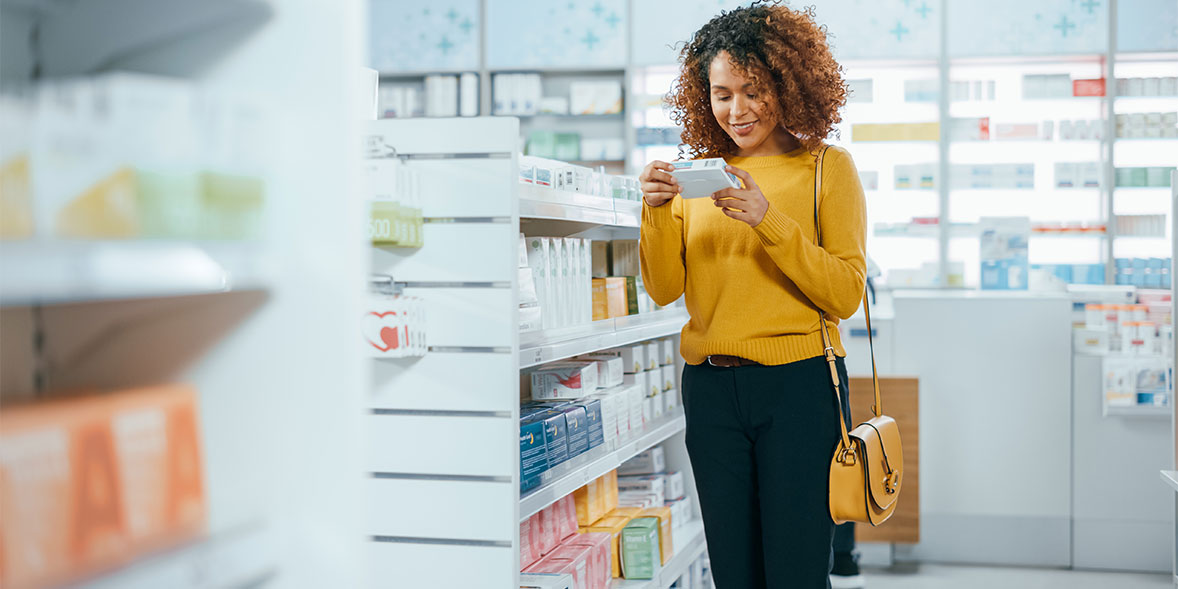Cold medicine recall: what you need to know

The UK's medicine regulator has issued a recall for certain cough and cold remedies that until now were available at pharmacies.
Drugs that include the ingredient pholcodine have been urgently recalled over fears they could increase the risk of very rare allergic reactions in patients undergoing anaesthesia.
The recall notice applies to several medicines used to treat coughs and colds, including some pharmacy own-brand products, and some medicines manufactured by Covonia and Day & Night Nurse.
Here, we explain why the recall's happening, and what you should do if you're affected.
Tips for living well: get our free Food & Health newsletter
Which medicines are being recalled and why?

As a precaution, the Medicines and Healthcare products Regulatory Agency (MHRA) is recalling all medicines that include pholcodine, after a data review found their risks could outweigh their benefits.
Pholcodine is an opioid drug approved for adults and children over six years old. It's used in medicines to treat dry coughs, colds and flu.
Which products are being recalled?
The following products are included in the recall, among others:
- Boots Night Cough Relief Oral Solution
- Boots Dry Cough Syrup 6 Years Plus
- Boots Day Cold & Flu Relief Oral Solution
- Galenphol Linctus
- Covonia Dry Cough Sugar Free Formula
- Superdrug Pholcodine Linctus
- Day & Night Nurse Capsules
- Day Nurse Capsules
- Day Nurse
You can read the full list of recalled drugs on the government website.
This doesn't mean medicines containing pholcodine are now thought to harm patients directly. Instead, they could increase the risk of a very rare allergic reaction in some patients while they're under general anaesthetic.
This risk is thought to increase particularly in people who have taken pholcodine within 12 months of a general anaesthetic procedure.
Struggling to reach your doctor? Why is it so hard to get a GP appointment?
What to do if you've taken these medicines
If you're currently taking cold medicines, or if you have some in a cupboard for the next time you need them, read the ingredient lists and patient information leaflets carefully. If pholcodine is listed as an ingredient, don't take this medication again.
Instead, visit your pharmacy to buy an alternative that doesn't contain pholcodine. You can ask a pharmacist for advice if you need it.
If you've taken, or think you might have taken, pholcodine-including medicines in the past 12 months, you should tell your anaesthetist about it as a precaution before you undergo surgery.
Looking for alternatives? Find out how to save on cold and flu medicines
What other cough and cold medicines are available?

Not every cold medicine on the market contained pholcodine. In fact, the only cold medicines left on the pharmacy shelves after the recall won't include it.
There's still a range of options available if you need to treat a cold, including cold and flu capsules or sachets (to make hot drinks) from Beechams, Lemsip and others. These typically contain paracetamol to combat aches and pains, along with caffeine and the decongestant phenylephrine.
However, as evidence of the decongestant element's effectiveness is weak, the main benefit of these combination products is their convenience. You could get the same effect from taking a painkiller and drinking a cup of tea or coffee.
The painkillers ibuprofen and paracetamol are widely available in branded and own-brand generic versions. Branded painkillers can cost up to five times more than the generic alternative, but they have the exact same effect. So it's worth checking supermarkets and discount stores to find the cheapest options.
The only exception here is if you need your painkillers in a specific formulation, such as gel-coated tablets or liquid solutions that are easier to swallow.
Find out more: read our full painkillers guide for everything you need to know


